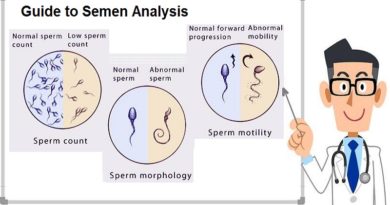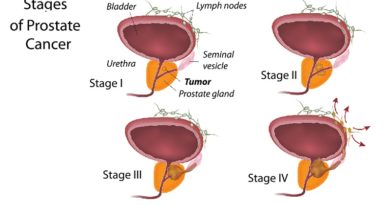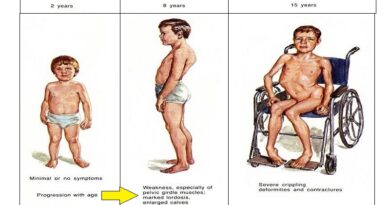The Enigmatic Rare Diseases and Their Uncommon Challenges
In a world where medical knowledge is advancing at an unprecedented pace, it’s easy to assume that every disease has been identified and studied. However, there exists a group of medical conditions that remain shrouded in mystery and often overlooked, called rare diseases. These enigmatic rare ailments affect very few numbers of people, making them a challenge to diagnose, treat, and understand. In this article, we explore the world of enigmatic rare diseases, shedding light on their definition, prevalence, impact, and the unique challenges they pose to patients, healthcare professionals, and society as a whole.
Defining Rare Diseases
Rare diseases, also known as orphan diseases, are a diverse group of disorders that affect a relatively very small number of individuals compared to common diseases. Due to their low prevalence, enigmatic rare diseases often receive limited attention and research funding, leading to delayed or inadequate diagnoses and treatments.
The Prevalence Puzzle
Although individual rare diseases may be uncommon, collectively, they affect a significant portion of the population. It is estimated that there are over 7,000 identified rare diseases, and more than 300 million people worldwide are living with one or more of these conditions. This big number highlights the importance of understanding and addressing the challenges associated with them.
The Impact on Patients
Living with a rare disease can be an arduous journey for patients and their families. The lack of knowledge and expertise in these conditions often leads to diagnostic odysseys, where patients endure numerous consultations, misdiagnoses, and unnecessary treatments. Additionally, the scarcity of treatment options exacerbates the difficulties faced by rare disease patients, leaving them with limited or no therapeutic alternatives.
The Challenges for Healthcare Professionals
Thease diseases pose unique challenges to healthcare professionals. Their low prevalence means that many healthcare providers may encounter these conditions only rarely, making it difficult to develop expertise. The lack of understanding and limited clinical data further complicates the diagnostic process. Additionally, healthcare professionals face the ethical dilemma of balancing personalized care for individual patients with limited resources and the need for broader public health measures.
Social Implications
They have broader societal plications that extend beyond the individual patient. The economic burden on families can be immense due to the high costs of specialized care, medications, and adaptive equipment. Furthermore, the emotional toll of living with a rare disease can lead to isolation and reduced quality of life for patients and their loved ones. Addressing the challenges of rare diseases requires a collaborative effort involving researchers, healthcare providers, policymakers, and patient advocacy groups to raise awareness, improve access to accurate information, and promote research and innovation.
Examples of rare diseases
Here are some examples of rare diseases:
- Hutchinson-Gilford Progeria Syndrome:
A rare genetic disorder that causes rapid aging in children. - Fibrodysplasia Ossificans Progressiva (FOP):
A condition where soft tissues progressively turn into bone. - Erdheim-Chester Disease:
A rare form of non-Langerhans cell histiocytosis that affects multiple organs. - Stiff Person Syndrome:
A neurological disorder characterized by muscle stiffness and spasms. - Paraneoplastic Pemphigus:
An autoimmune blistering disorder associated with underlying cancer. - Pantothenate Kinase-Associated Neurodegeneration (PKAN):
A type of neurodegeneration with brain iron accumulation (NBIA). - Harlequin Ichthyosis:
A severe genetic disorder that causes thick, scaly skin and facial deformities. - Moebius Syndrome:
A rare congenital disorder that affects facial nerve development, leading to facial paralysis. - Alkaptonuria:
A metabolic disorder that causes a buildup of homogentisic acid, leading to urine turning black and joint problems. - Autoimmune Polyglandular Syndrome Type 1:
An autoimmune disorder that affects multiple endocrine glands.
SUMMARY
Rare diseases present a unique set of challenges that necessitate increased attention and action. The lives of millions of individuals around the world are impacted by these enigmatic conditions, and their experiences call for improved understanding, diagnosis, treatment, and support. By investing in research, increasing awareness, and fostering collaboration, we can bring about meaningful change and make a difference in the lives of those affected by rare diseases. Together, we can unravel the mysteries, transform lives, and build a more inclusive and compassionate healthcare system for all.
If you suspect that you may have symptoms, Helalmedical can help, offering quick, private, and convenient testing options. You may contact us here: Facebook page.



